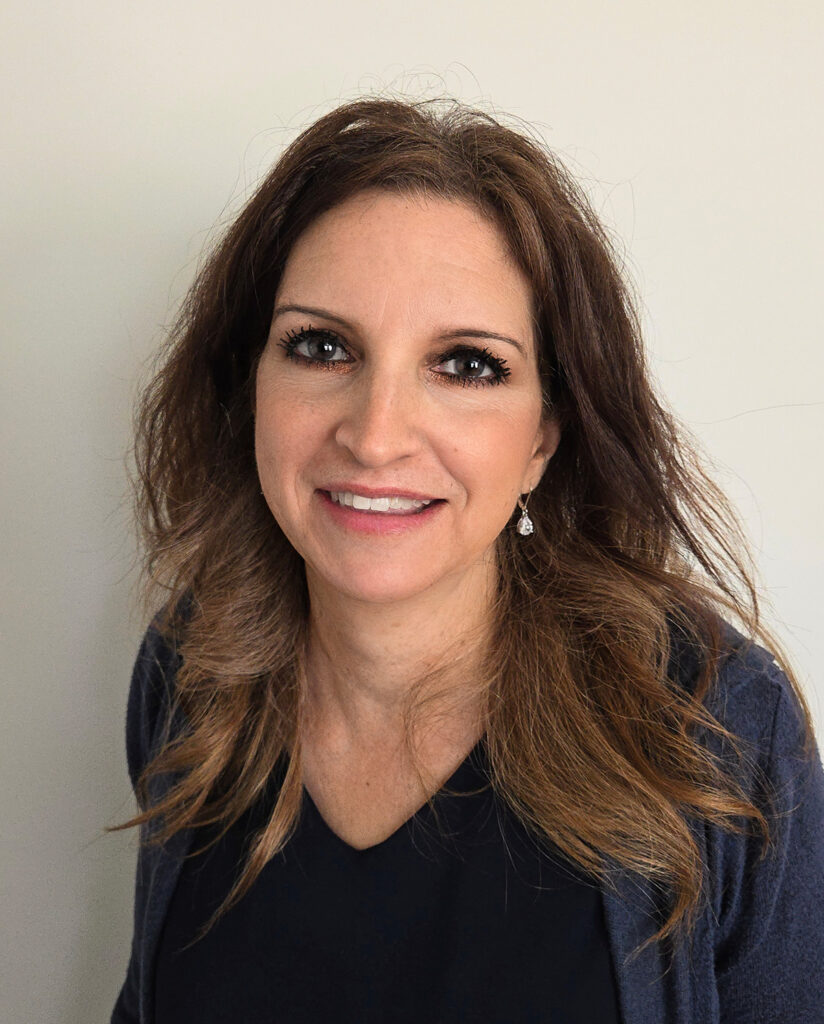November 4, 2024
By Linda Sulzen
When a couple marries the bliss they feel may fade as the pressure of life builds. As children are added to families more responsibilities ensue. Studies have been conducted on how duties were divided among couples and included providing for the family, household chores and childcare which affected marriage partners. During the much studied “second shift” where both husband and wife worked, mothers came home to fulfill most of the childcare and chores.
In Spain the Statistics Agency reported that almost 50% of women did the household work compared with 15% of men and the country decided to launch a free app to help monitor how much time one spent doing chores; they gave an example that dishes only take twenty minutes but someone had to do the mental work and prep for meal planning and shopping for groceries with that ‘mental load’ falling on women.
Psychotherapist Karen Grierson explained equality and equity and the difference between the two:
“The biggest problem with the Equality model in relationships is the baseline assumption that everyone involved in the relationship (family, friends, coworkers, lovers, etc.) is both ABLE and WILLING to provide exactly what you do, the way that you do, with the prioritization or urgency that you do,” while…
“…Equity means providing each person with what they need to do their individual best in the relationship, while understanding they each may need different things, in different ways, at different times, knowing there’s no guarantee of getting exactly what they want as the outcome.”
University of Utah’s Professor Daniel Carlson found that couples who did not share chores were not as satisfied as those who did them together. He continued, “One of the biggest predictors of satisfaction is a feeling of fairness in relationships.” Jointly doing tasks increases feelings of equity, togetherness and collaboration according to this TIME article; you can even alternate days of the same chore for the same effect with one person doing the chore on Monday and Wednesday and the other on Tuesday and Thursday.
In a CBS news article Sex Therapist Deborah Fox said, “Women are sensitive to feeling taken for granted and their time not being as highly valued,” and the idea is to reduce stress. Some suggestions the article made were to communicate and agree upon tasks according to each other’s strengths and schedules. Two suggestions were added to not nitpick each other while letting the work be “good enough” and doing some tasks together to feel more like a couple.
Author Calantha Quinlan described equality in marriage as balancing the scales so both partners feel valued, heard and respected which in turn will foster a passionate friendship. In her article
“9 Essential Ways to Ensure Equality in Marriage,” Quinlan provided the following aspects:
- Communication: Share thoughts, feelings and needs while letting each partner feel heard.
- Mutual Respect: Value each other’s opinions, feelings and boundaries and be kind.
- Share Responsibilities: Divide the housework fairly after negotiating strengths and preferences.
- Support Personal Growth: Encouraging your spouse to pursue their goals and interests strengthens bonds.
- Trust and Honesty: Being honest creates safety for both partners.
- Conflict Resolution: Disagreements will happen, resolve conflict respectfully; listen, understand and find a compromise.
- Emotional Support: Be empathetic and comforting to each other in difficult times.
- Financial Equality: Financial decisions and responsibilities should be shared; have open discussions to prevent misunderstandings.
- Shared Values and Goals: Being aligned with goals provides purpose to the relationship.
- Intimacy and Affection: Make big and small gestures daily that show appreciation, affection and love.
No matter how satisfied a couple is with their marriage they can always apply these ideas to improve their relationships; the benefits for men and women are worth it.
Men benefit from equal partnerships emotionally because of improved openness and physically because of physical intimacy and health. Research shows women benefit from equal partnerships when they have an equal say in decision making, feel appreciated by their husbands for the work they do and their husbands help; in turn they are less angry, feel better about themselves and are happy in their marriage. Equality in marriage brings closeness to husbands and wives.


